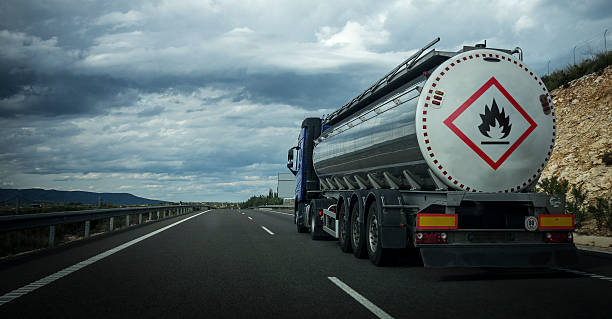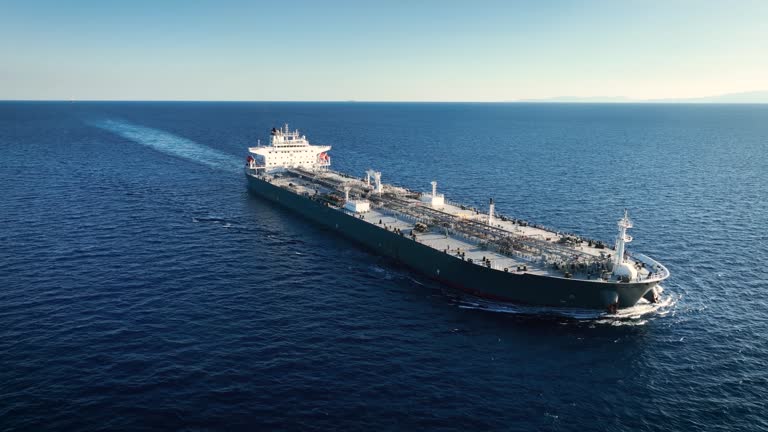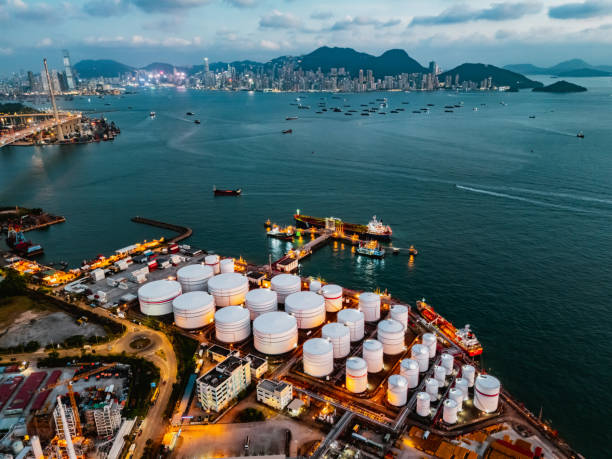Enterprise Terminals provides advanced cryogenic and pressurized storage systems for Liquefied Natural Gas (LNG) and Liquefied Petroleum Gas (LPG), supporting global energy distribution networks. Our terminals are designed to maintain optimal safety, efficiency, and product integrity throughout the supply chain.



LNG, Propane, Butane, and their commercial blends for energy and petrochemical use.
Yes — with send-out capabilities to power plants or pipeline networks.
NFPA 59A, API 625, ISO 16903, and regional environmental regulations.
Yes — our marine terminals are equipped for refrigerated LPG export and coastal resupply.